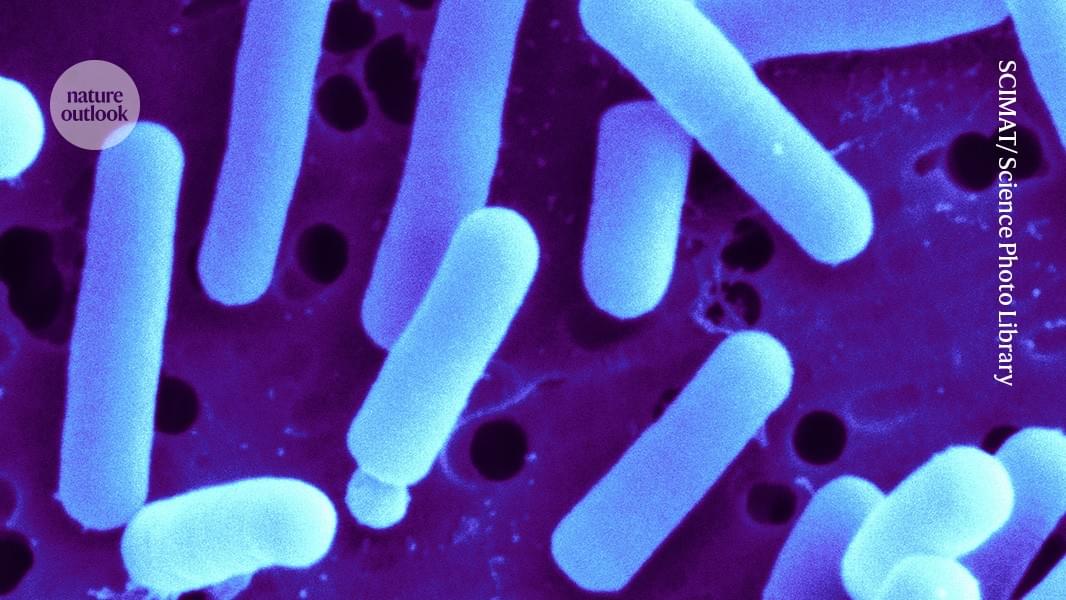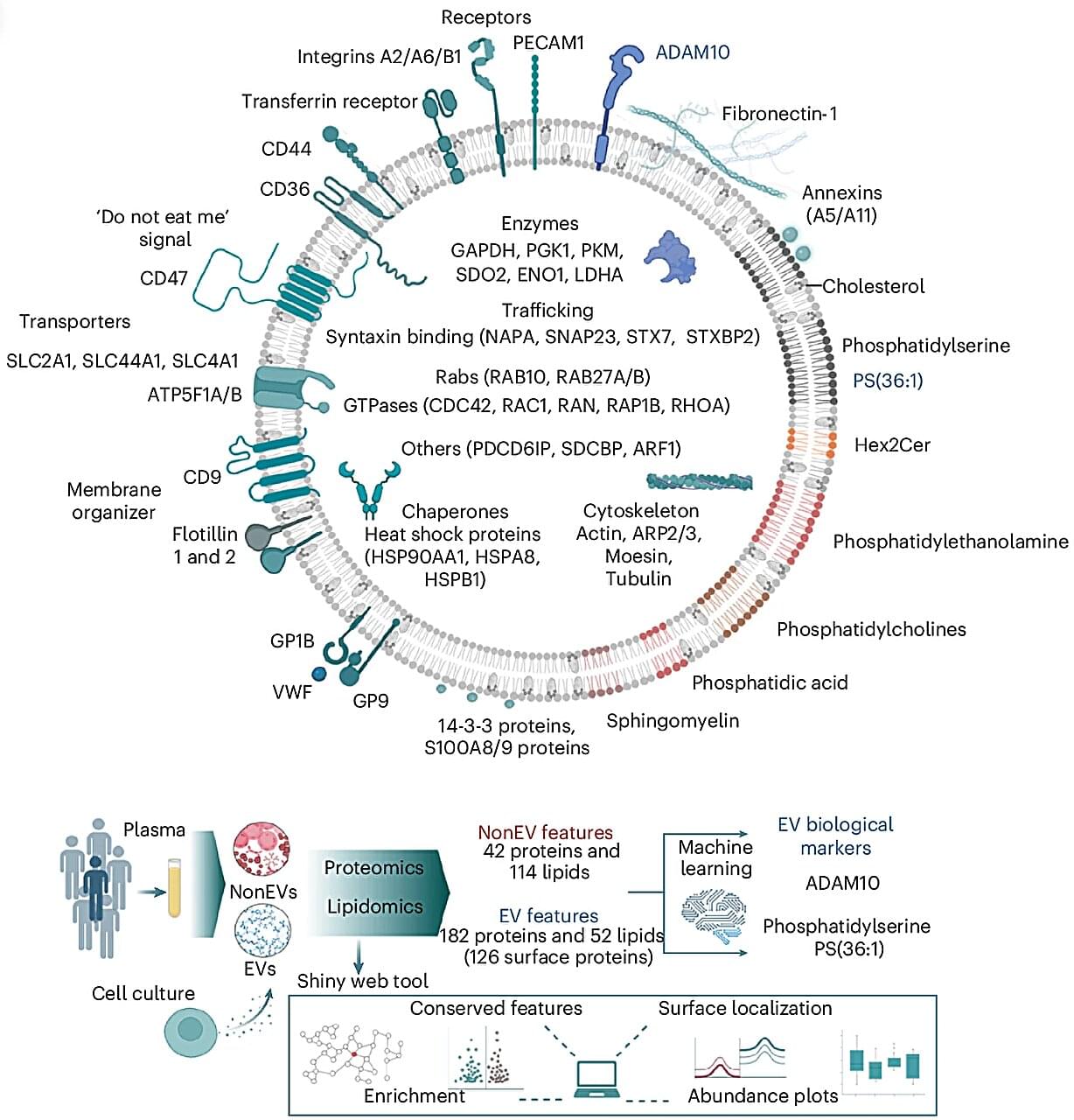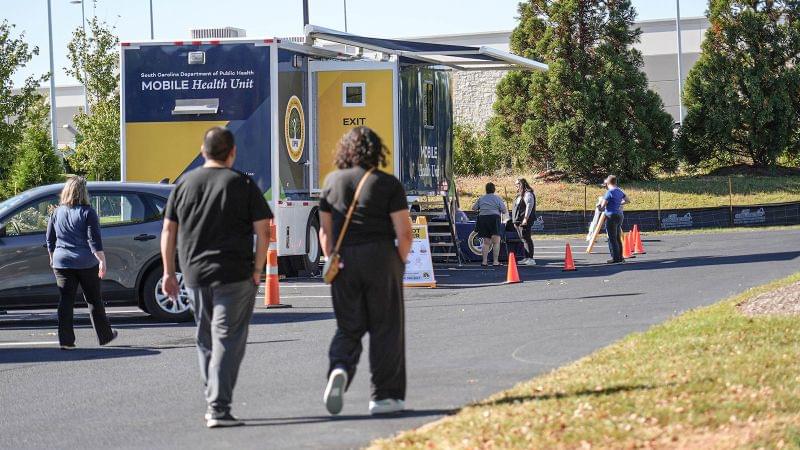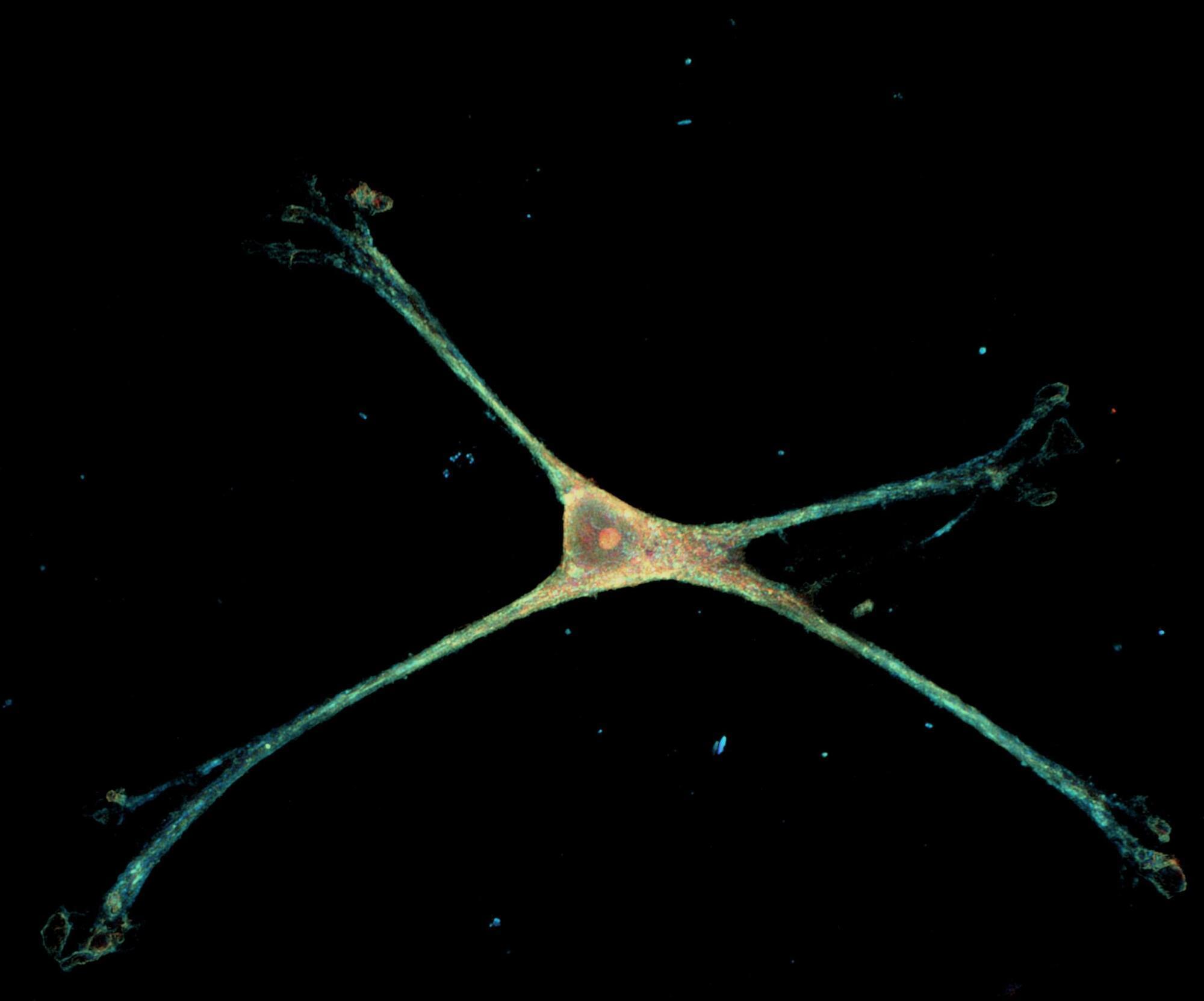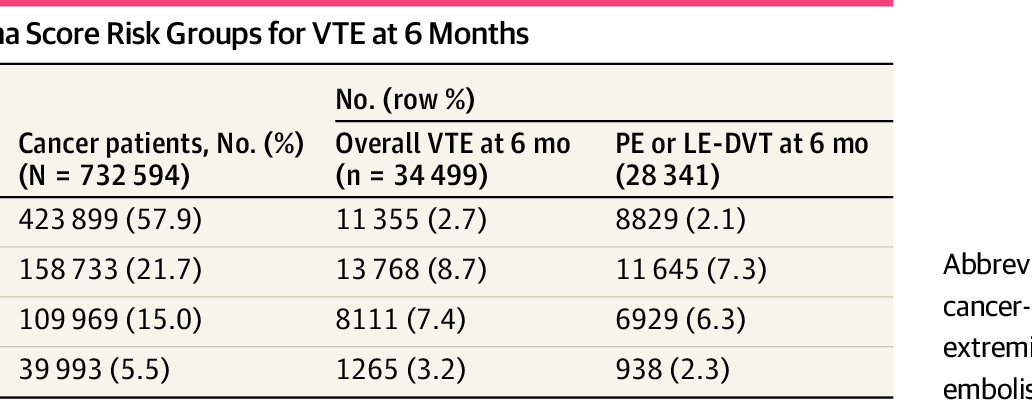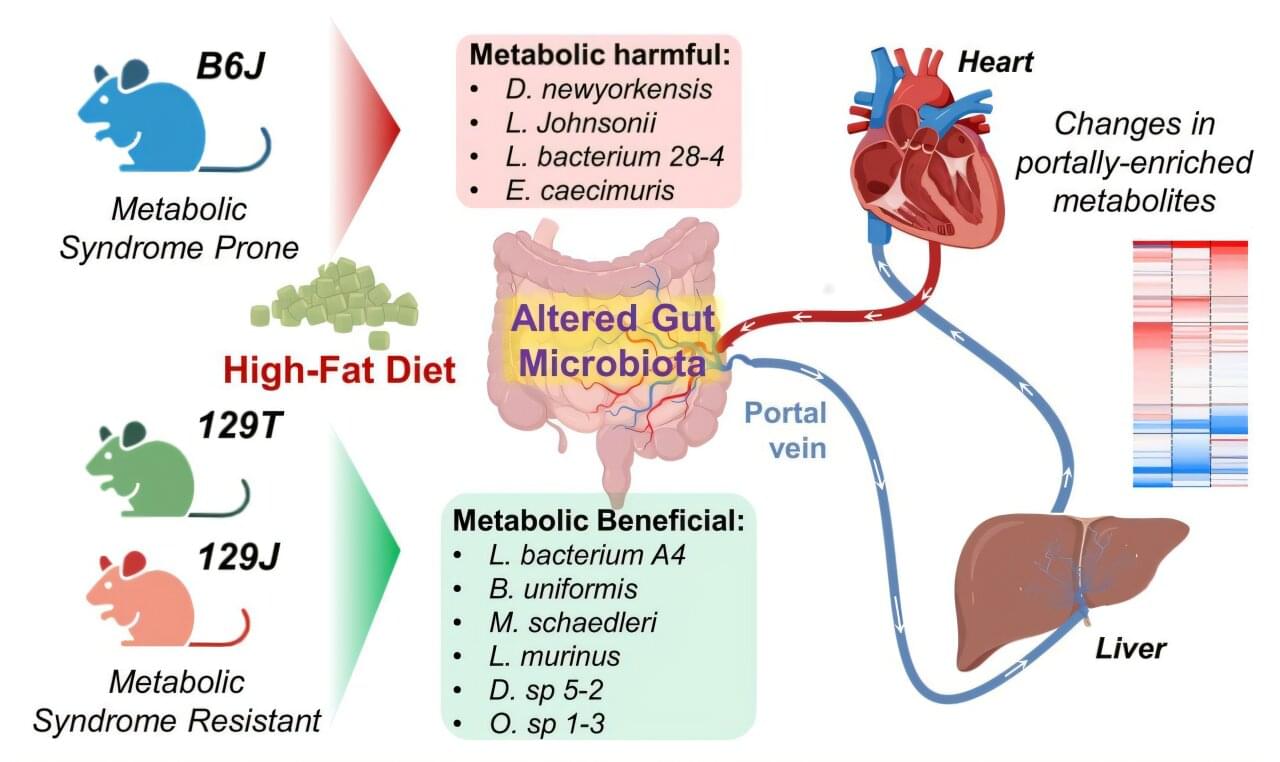A study conducted at Harvard University identified a group of metabolites that travel from the intestine to the liver and then to the heart, where they are pumped throughout the body. These metabolites play an important role in controlling metabolic pathways in the liver and insulin sensitivity. This discovery may contribute to future treatments for obesity and type 2 diabetes. The results were published in the journal Cell Metabolism.
“The hepatic portal vein drains much of the blood from the intestine to the liver. Therefore, it’s the first place to receive products from the gut microbiome. In the liver, they can be conjugated, transformed, or eliminated, and then enter the systemic circulation,” explains Vitor Rosetto Muñoz, first author of the study and postdoctoral researcher at the Ribeirão Preto School of Physical Education and Sports at the University of São Paulo (EEFERP-USP) in Brazil.
“By analyzing the blood leaving the intestine and the peripheral blood circulating throughout the body, we were able to more accurately observe the enrichment of these metabolites derived from the gut microbiome in each location and, consequently, how they can modify hepatic metabolism and metabolic health,” adds Muñoz. He conducted this research during an internship at the Joslin Diabetes Center at Harvard Medical School under the supervision of researcher Carl Ronald Kahn.


